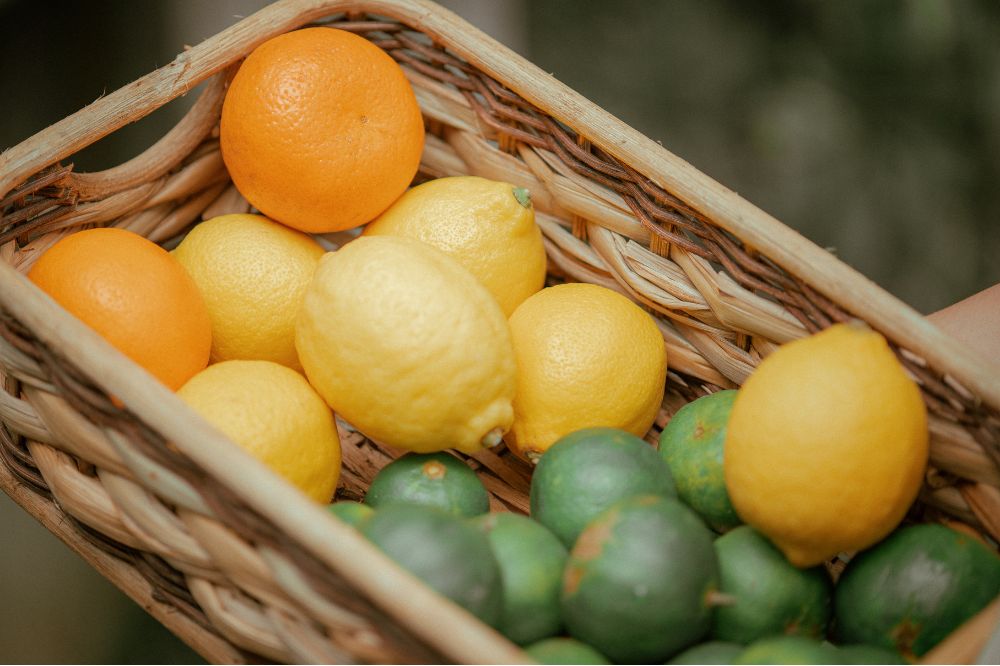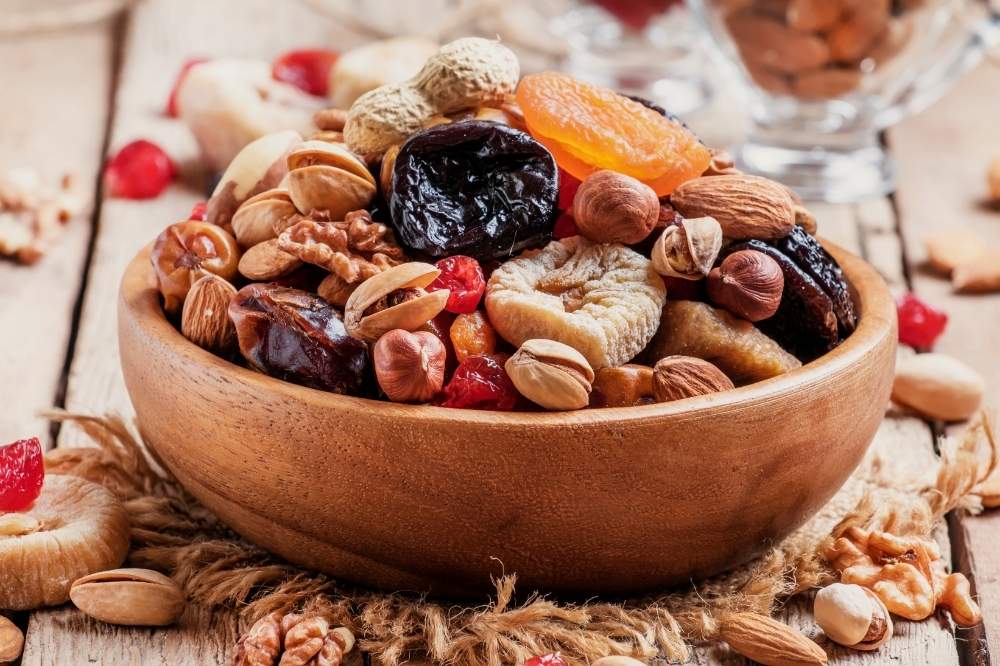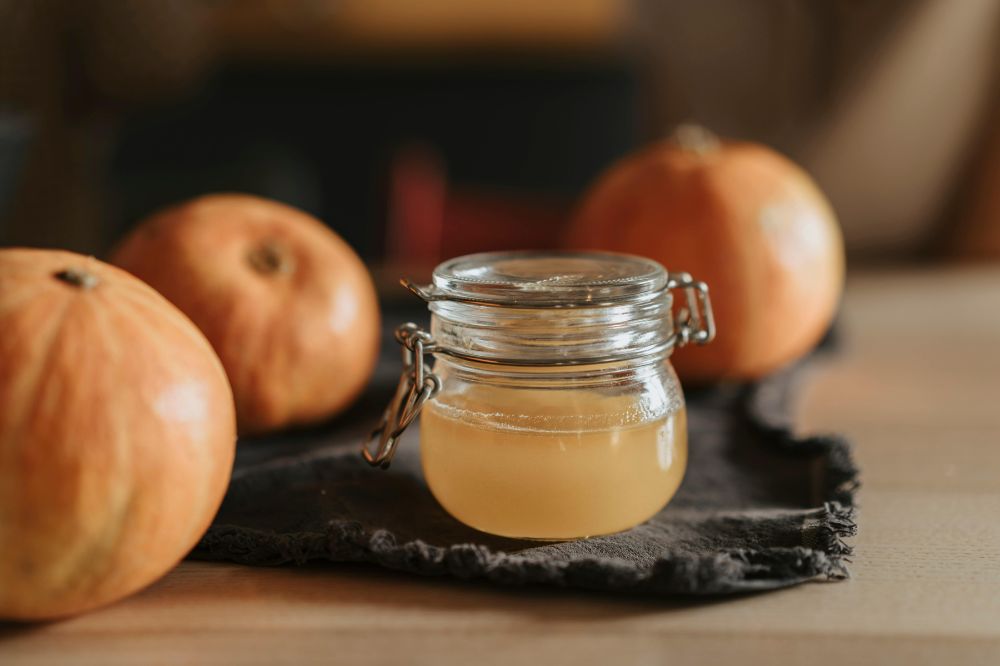Your smile is one of your most valuable assets, yet many people unknowingly consume foods that slowly erode their dental health. While most of us are aware that candy and soda aren’t great for our teeth, there are several seemingly innocent foods lurking in our daily diets that can cause significant damage over time. Understanding these hidden culprits is the first step toward protecting your oral health and maintaining a bright, healthy smile for years to come.
The relationship between food and dental health is more complex than simply avoiding sugar. Factors like acidity levels, texture, and even the timing of when you eat certain foods can dramatically impact your teeth’s enamel and overall oral environment. A dentist in Astoria always suggests that patients look beyond the obvious suspects when evaluating their diet’s impact on their dental health, as some of the most damaging foods are often considered healthy choices.
The Acidic Assault of Citrus Fruits

Citrus fruits like oranges, lemons, limes, and grapefruits are nutritional powerhouses packed with vitamin C and essential nutrients. However, their high acidity levels make them surprisingly harmful to tooth enamel. When you consume citrus fruits, the acid temporarily softens your tooth enamel, making it more susceptible to erosion and decay.
The pH level of citrus fruits typically ranges from 2.0 to 4.0, which is highly acidic. For context, your mouth’s natural pH should be around 7.0 to remain neutral. When this balance is disrupted by acidic foods, harmful bacteria thrive, and your teeth become vulnerable to damage. The problem isn’t just direct consumption either – citrus-infused water, which many people drink throughout the day thinking it’s a healthy choice, can bathe your teeth in acid for extended periods.
The timing of citrus consumption matters significantly. Eating citrus fruits during meals is less damaging than snacking on them throughout the day, as increased saliva production during meals helps neutralize acids more effectively. Additionally, brushing your teeth immediately after consuming citrus fruits can actually cause more damage, as you’re essentially scrubbing away the temporarily softened enamel.
The Sticky Trap of Dried Fruits

Dried fruits often masquerade as healthy snacks, and while they do contain beneficial nutrients, they pose several threats to your dental health. The dehydration process concentrates the natural sugars in fruits, creating an intensely sweet product that clings to your teeth long after you’ve finished eating.
Unlike fresh fruits, which contain water that helps wash away sugars and acids, dried fruits have a chewy, sticky texture that allows them to adhere to tooth surfaces and get lodged between teeth. This extended contact time gives harmful bacteria ample opportunity to feed on the concentrated sugars, producing acids that erode enamel and promote tooth decay.
Dried fruits like raisins, dates, apricots, and fruit leather are particularly problematic because they’re often consumed as snacks rather than as part of meals. Without the benefit of increased saliva production that occurs during regular meals, these sticky sweets can remain on your teeth for hours, creating an ideal environment for bacterial growth and acid production.
The Surprising Danger of Sports Drinks

Sports drinks have become ubiquitous in modern culture, marketed as essential for hydration and athletic performance. However, these beverages are essentially liquid candy with added electrolytes, containing both high levels of sugar and significant acidity that can wreak havoc on your teeth.
The dual threat of sports drinks lies in their sugar content and their low pH levels. Most sports drinks contain 14-17 grams of sugar per 8-ounce serving, providing ample fuel for harmful oral bacteria. Simultaneously, their acidity levels typically range from 2.4 to 4.5 pH, creating an environment where tooth enamel becomes soft and vulnerable to erosion.
The consumption pattern of sports drinks makes them particularly damaging. Athletes and active individuals often sip these beverages slowly over extended periods, essentially bathing their teeth in sugar and acid repeatedly. This prolonged exposure is far more harmful than quickly consuming a sugary drink, as it maintains an acidic oral environment for extended periods and provides continuous fuel for bacterial growth.
Even more concerning is the common practice of consuming sports drinks outside of athletic activities. Many people drink them casually throughout the day, thinking they’re making a healthier choice than soda. However, many sports drinks contain as much sugar as traditional soft drinks, with the added detriment of higher acidity levels.
The Hidden Acids in Vinegar-Based Foods

Vinegar-based foods and condiments are staples in many healthy diets, prized for their tangy flavor and perceived health benefits. Pickles, salad dressings, marinades, and fermented foods all contain significant amounts of acetic acid, which can be highly damaging to tooth enamel over time.
The acidity in vinegar-based products is often overlooked because these foods are typically consumed in smaller quantities than drinks or fruits. However, regular consumption of pickles, vinaigrette dressings, and fermented vegetables can gradually weaken tooth enamel, making teeth more susceptible to decay and sensitivity.
Balsamic vinegar, in particular, presents a double threat. Not only is it highly acidic, but it also contains natural sugars that can feed harmful bacteria in your mouth. The dark color can also contribute to tooth staining over time, affecting both the health and appearance of your smile.
The Deceptive Damage of Whole Grain Crackers
Whole grain crackers are often considered healthy snack options, packed with fiber and nutrients. However, their impact on dental health is more complex than their nutritional profile suggests. The starches in crackers break down into simple sugars when mixed with saliva, providing food for harmful bacteria in your mouth.
The texture of crackers creates additional problems for dental health. As you chew crackers, they tend to break into small pieces that can easily become lodged between teeth and along the gum line. These trapped particles continue to break down into sugars long after you’ve finished eating, creating extended feeding opportunities for bacteria.
Whole grain crackers also tend to be consumed slowly, often as part of prolonged snacking sessions. This extended exposure time allows the starches to thoroughly mix with saliva and begin the conversion to sugars while still in contact with your teeth. The rough texture of many whole grain crackers can also be abrasive to soft tissues in your mouth, potentially causing minor irritation that makes your mouth more susceptible to bacterial invasion.
Protecting Your Smile
Understanding these hidden threats doesn’t mean you need to eliminate all these foods from your diet entirely. Instead, focus on mindful consumption and protective strategies. Drinking water after eating acidic or sugary foods can help neutralize acids and wash away harmful particles. Waiting at least 30 minutes after consuming acidic foods before brushing your teeth allows your enamel to reharden naturally.
Consider timing your consumption of these foods strategically, incorporating them into meals rather than consuming them as standalone snacks. The increased saliva production during meals helps neutralize acids and wash away sugars more effectively than when eating between meals.
Your dental health depends on more than just avoiding obvious culprits like candy and soda. By recognizing these hidden threats and adjusting your consumption habits accordingly, you can enjoy a varied diet while still protecting your smile for years to come. Regular dental checkups and professional cleanings remain essential components of maintaining optimal oral health, regardless of your dietary choices.

